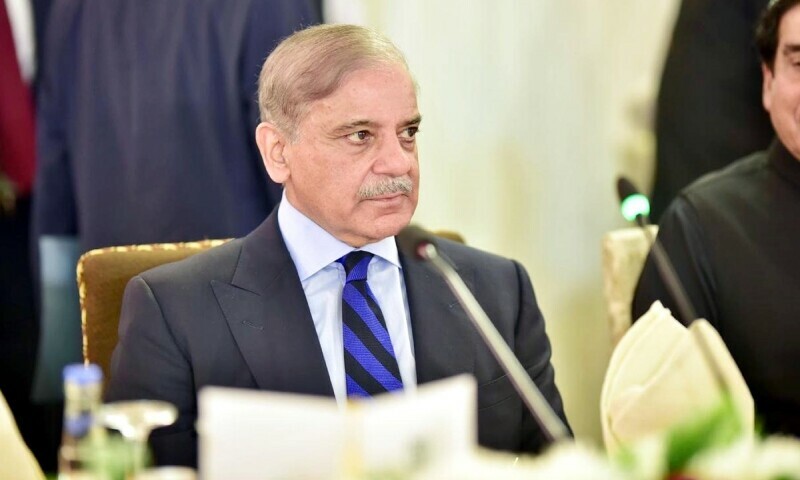National Assembly
Known for his bold predictions about the country’s political dynamics, Pakistan Peoples Party (PPP) leader Manzoor Wassan made a significant statement on Sunday, forecasting the dissolution of the incumbent government within the next three months.
Speaking candidly, Wassan emphasized that the upcoming trimester is critically important for the political landscape of Pakistan. “Prime Minister Shehbaz Sharif may dissolve the National Assembly within the next three months,” he predicted.
In his analysis of the current political scenario, Wassan also dismissed the possibility of Pakistan Muslim League-Nawaz (PML-N) President Nawaz Sharif becoming the next premier.
He asserted that while the National Assembly might be dissolved, the provincial assemblies would remain unaffected, maintaining their current structure and operations.
This distinction highlighted his view that while federal-level changes are imminent, provincial governance would continue uninterrupted.
Wassan extended his commentary to the prospects of other political figures, notably Pakistan Tehreek-e-Insaf (PTI) founder Imran Khan.
He suggested that the future does not look promising for Khan or other politicians, indicating a turbulent and uncertain period ahead.
“Reliefs are given and taken back, so Imran Khan shouldn’t be living in his own imaginary world,” Wassan remarked, hinting at the volatile nature of political fortunes in Pakistan.
These remarks come against the backdrop of growing discontent within the PPP regarding their exclusion from consultations on the upcoming federal budget for the fiscal year 2024-25.
Senior PPP leader Khurshid Shah voiced the party’s frustrations, stating, “The government neither told us anything related to the budget nor took us into confidence. We don’t know what the PML-N is doing about the privatisation policy, taxes, developmental programs.”
This lack of communication has fueled speculation and concern within the PPP about the direction of fiscal policies and governance.
Shah further expressed uncertainty about the nature of the budget itself, questioning whether it is being formulated by the Pakistani government or dictated by the International Monetary Fund (IMF).
“We are unaware whether the government is making the budget or if the IMF’s budget is being imposed,” he said.
This statement reflects a broader apprehension about external influences on Pakistan’s economic policies and the transparency of the budgetary process.
Overall, Wassan’s predictions and Shah’s concerns highlight the current political and economic uncertainties facing Pakistan, painting a picture of a government at a critical juncture with potential significant shifts on the horizon.










